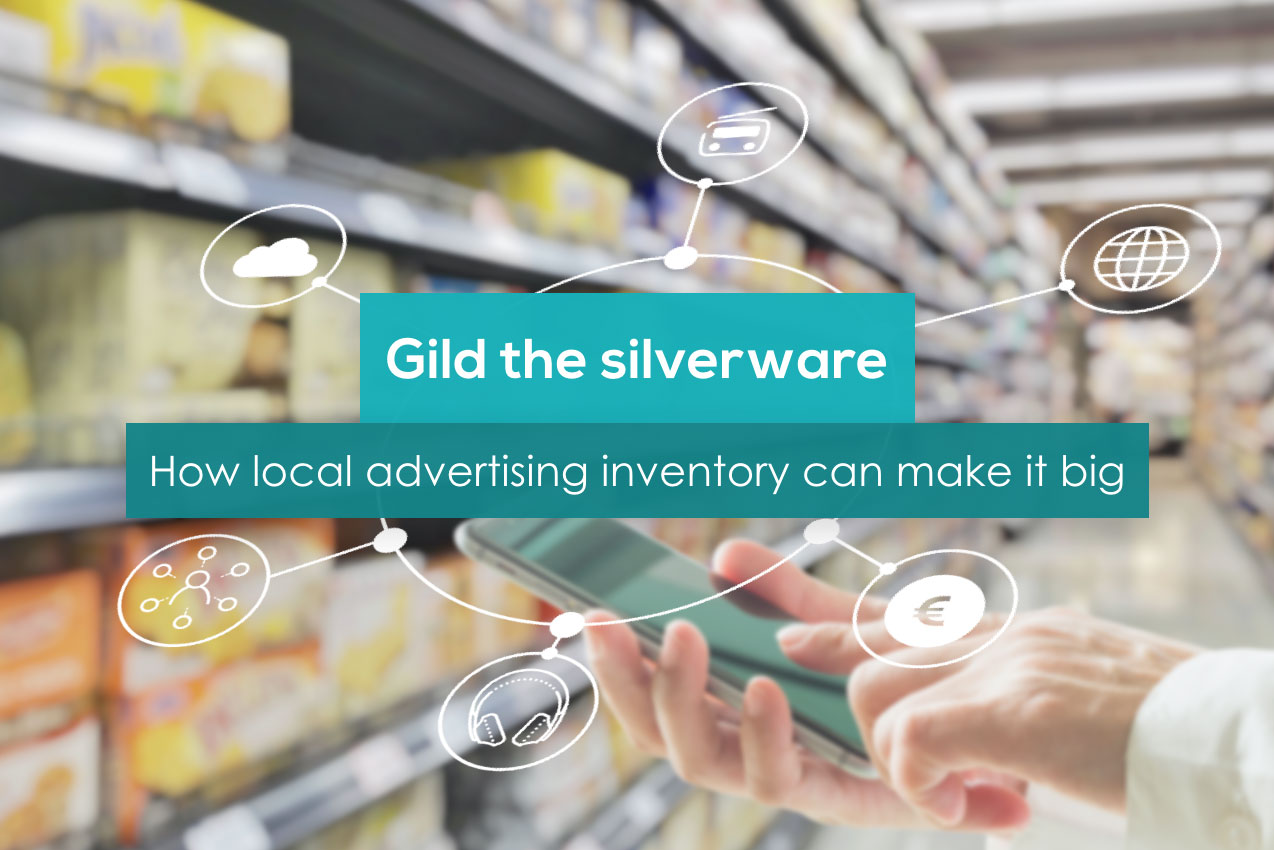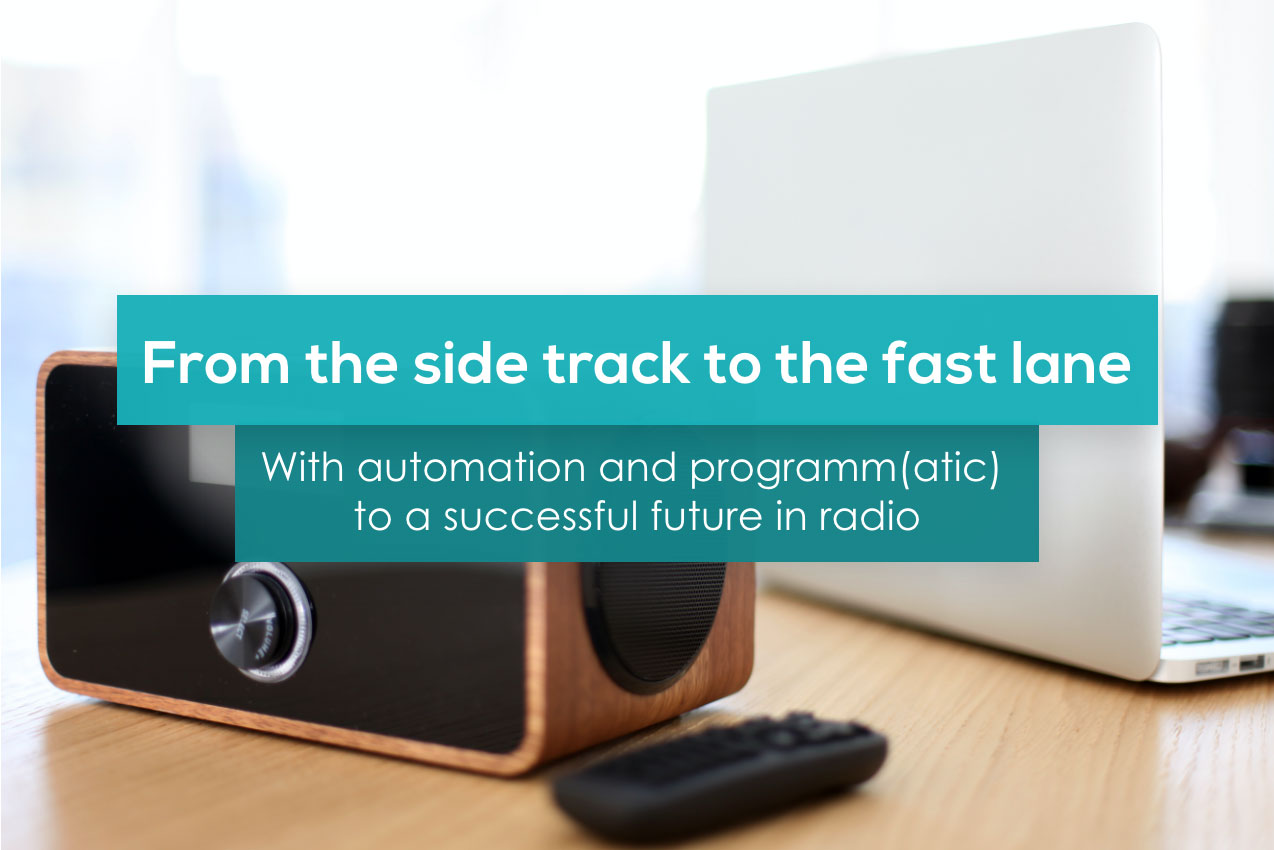© aprile consulting GmbH/stock.adobe.com/Chinnapong/#248186412
The crash of the local advertising market due to the lockdown drove many private radio stations to the brink. Not just in Germany, but everywhere in Europe. Because advertising is and remains the only source of income of private radio publishers.
Local advertising sales fell during the pandemic year 2020 in Germany alone by up to 60 percent. That radio stations ultimately didn't close down at this time is owed, in addition to government assistance, to the fact that at least part of the advertising inventory, specifically the available advertising slots, continued to be booked and sold through large national audio marketers. In the national advertising sector, sales losses were also much less serious during the crisis year 2020 at "only" around seven percent.
Yet this form of national "basic income", if I can even call it that, also has its price. Deals with larger media agencies, conditions for major customers and commissions are known comparatively to cut the net income publishers get.
Radio publishers, however, have the chance of expanding the stated "national basic income" to local/regional sources of income. They can, for example, offer their local and regional advertising inventory directly and just as successfully electronically to the audio market. And still continue with their classic, established business model at the same time.
As I see it, it would be almost reckless to rely solely on the "usual" avenues that have been taken the past twenty to twenty-five years as we look to the future.
Whether with or without Covid-19, whether in times that are economically stable or a crisis: What is there to keep advertisers from presenting local and regional advertising inventory on the large digital "stage"? Why isn't it standard procedure to offer, market and sell free local advertising space electronically and entirely automatic? So that a young fashion label from Berlin, for example, can find the right advertising slot directly, instantly and simply at a local Munich station to advertise their new shop in town.
"We don't have the know-how or the resources for that!" many radio publishers will now say. I would say they don't need them. Because everything can be done electronically, of course – i.e., entirely automatic and within seconds. Including, if all parties are willing, negotiating the price between buyers and sellers.
This is not something that can be done by phone or email. The negotiations are based on algorithms that coordinate supply and demand in real time and calculate the appropriate prices.
The "digital world" has been showing us how it's done for quite some time. They have automated the processes and made sure that demand and supply meet electronically, in real time. One could now say it works digitally because in the digital world the ratio 1:1 is (1 supplier – 1 user), while in linear radio the ratio is 1 to multiple listeners. I would maintain that it also works for radio, even if the approach is somewhat different. The corresponding technology, specifically, the required software solutions are already available today for the audio segment.
Therefore, it is not a pipe dream but, in my opinion, long overdue that radio and audio advertising should be able to be booked electronically on online platforms, so-called digital marketplaces. Theoretically even worldwide.
This produces cloud-based electronic audio networks which can be linked via interface to digital platforms like the DSPs (classic for the digital advertising business).
There is still so much untapped advertising potential in radio. With its broad coverage and documented presence and impact in the region, it can be wonderfully used to complement digital campaigns and make them even more effective.
Thus, it should no longer be optional, but virtually a must that radio advertising slots be able to be booked and traded electronically! And as quickly as possible so that "digital natives" among the advertising experts do not lose sight of the 100-year-old traditional medium that is radio. And so that radio publishers are given a second strong and lucrative advertising leg to stand on.
With this in mind, until next time!
Yours, Nico Aprile
Read more about our authors Authors.
You might be interested in these posts



